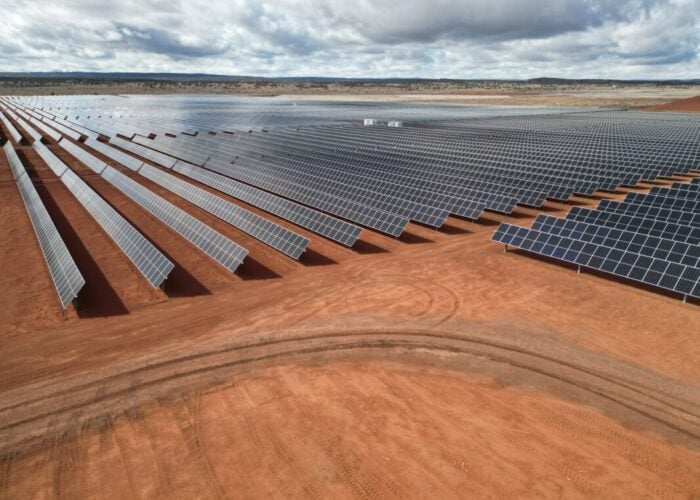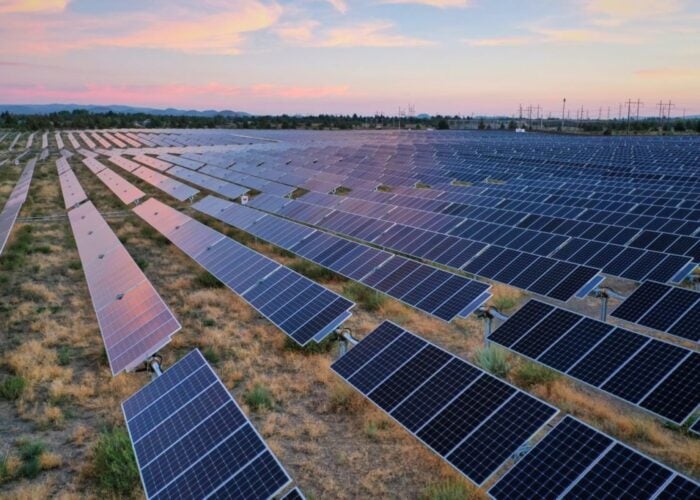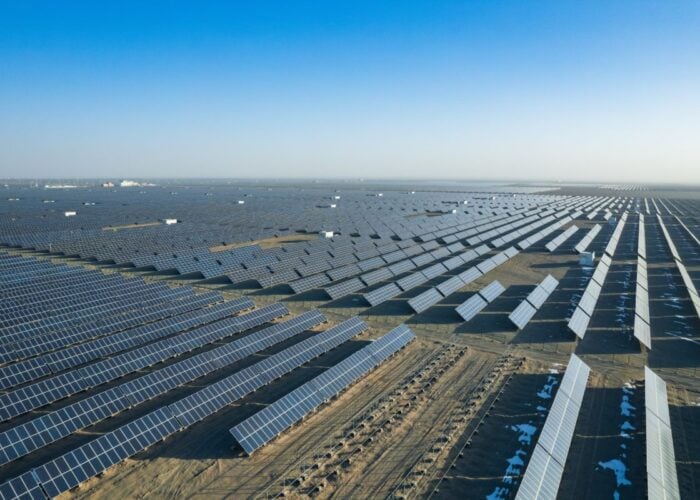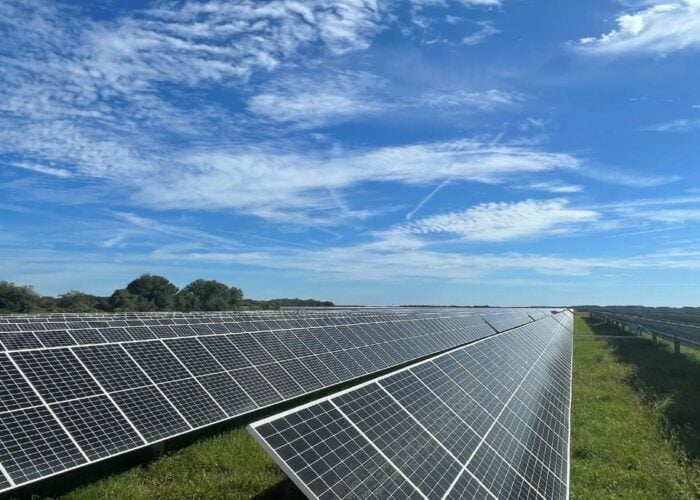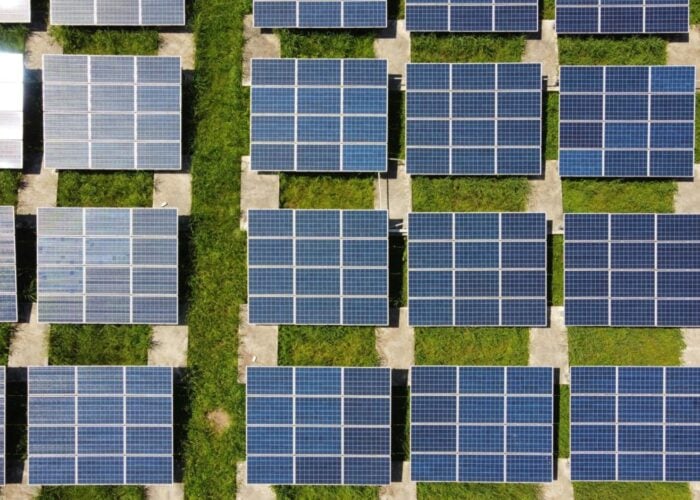
Independent asset management and advisory firm Conquest has wrapped up its initial close for its renewable energy fund, with the company securing US$124 million from solicitations and commitments from European investors, including insurance companies, pension funds, banks and global energy corporates.
Conquest Renewable Yield Europe possesses a 20-year strategy of deploying equity in OECD renewable power real assets — primarily focusing on Western Europe brownfield solar and wind portfolios.
Try Premium for just $1
- Full premium access for the first month at only $1
- Converts to an annual rate after 30 days unless cancelled
- Cancel anytime during the trial period
Premium Benefits
- Expert industry analysis and interviews
- Digital access to PV Tech Power journal
- Exclusive event discounts
Or get the full Premium subscription right away
Or continue reading this article for free
The fund will provide a recurring annual yield to investors, with an unlevered or reduced debt exposure, along with a target exit IRR that goes along with the sector’s expectations.
Frédéric Palanque, managing director at Conquest, said: “Infrastructure real assets, such as renewable power assets, offer this unique long-term predictable and sustainable cash-flow profile, which institutional investors tend to mirror in their ALM strategies. We believe the fund will disrupt the existing infrastructure landscape, as investors will benefit from a +20-year ‘Super Bond’ like return, which adequately suits the institutions with a long time investment horizon, looking for recurring fixed income with inflation-protection. However, the fund is also crafted to offer the necessary exit flexibility, for the ones requiring an earlier arbitration, as early as year 10.”
Stéphane Wattez-Richard, director at Conquest, added: “European investors have demonstrated to be bullish on the renewable power asset class, driven by the investment in new power generation capabilities to replace ageing facilities, with cost effective solutions, and compliant with the climate change concerns.


